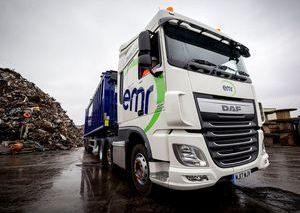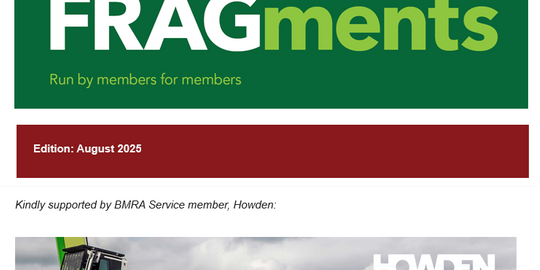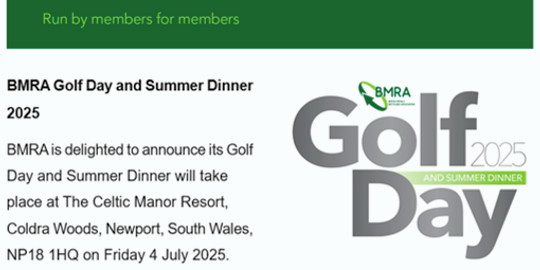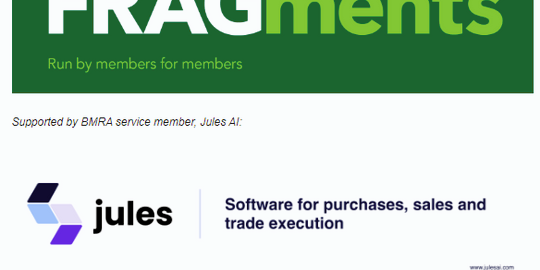Working towards a world class logistics and transport operations
As it moves forward its commitment laid out in its ‘Our Decade of Action’ strategy, a roadmap to becoming a net-zero business by 2040, Simon Wood – Director of Transport and Logistics, of BMRA member EMR explains how the metal recycler is working towards world class logistics and transport operations .

"We run a fleet of around 220 heavy trucks and more than 100 bulk tipping trailers which enables us to serve our customers wherever they are in the UK. And, in a modern world we need to be flexible to their needs and offer a range of services. EMR therefore operates with around 10,000 demountable containers into which our customers can deposit their metal for recycling, from large 45-cubic yard containers to 12-yard skips and two cubic yard box stillages.
We need to be flexible because our customers come from many different industries and thus have many different needs. One major customer sector is the car industry. We work with a number of vehicle manufacturers (as well as their suppliers) and the complex nature of this industry means our planners and drivers need to work within their just-in-time supply chains with a lack of storage capacity.
We also serve the construction industry, the demolition industry, scrap merchants, car breakers, manufacturers, aerospace, supermarkets and more.
Meanwhile, our large articulated trucks also carry recycled products out of our yards to steel-makers and other industries that use our materials to make the next generation of products, buildings or infrastructure.
The collection and processing of materials can be complex so, at EMR, it’s important that our operations are efficient, timely, safe and flexible for our customers.
That’s why we make sure we have some of the best trained drivers in the industry. This is highlighted in the fact that the transport teams at 15 of our biggest UK sites have achieved ‘Silver’ status from the Fleet Operator Recognition Scheme (FORS), a voluntary programme which recognises good industry practice.
The scheme builds on EMR’s own efforts to ensure our drivers’ skills and knowledge are at a high level, that they meet our standards for operational efficiency, and that their daily checks routine reduces maintenance costs.
To support our drivers, EMR is continually investing in training and technology. The transport team have worked with our Learning and Development team to create up-to-date, interactive training programmes. We have also recently updated our driver handbook, providing the latest best practice advice to our drivers.
We are also investing in processes and equipment such as new trailer and container door opening mechanisms to keep our drivers safe when loading or unloading scrap from their vehicles. We’ve also standardised PPE and introduced new cut-proof gloves to reduce the risk of injury to our drivers.
Thanks to this support from others in EMR, we’re now confident that this ‘Silver’ status will be rolled out to all UK sites in the months ahead.
Sustainable practices continue to be the driving force behind the operational changes we make. We provide our drivers with guidance and training on reducing fuel, ensuring that we meet the commitments laid out in ‘Our Decade of Action’ strategy, our roadmap to becoming a net-zero business by 2040.
As society demands a greater focus on green and safe practices from businesses, much of EMR’s work is focused on meeting increasing compliance standards. Yet we also know that this isn’t enough.
As we celebrate moving forwards with the FORS ‘Silver’ standard, my team and I are also working on our new vehicle replacement programme to further lower our emissions. We’re also improving our driver performance culture, further improving in-house software systems for routing and scheduling and looking to create new maintenance management software.
When it comes to raising standards and improving safety, it goes without saying that EMR’s fleet isn’t staying still."



